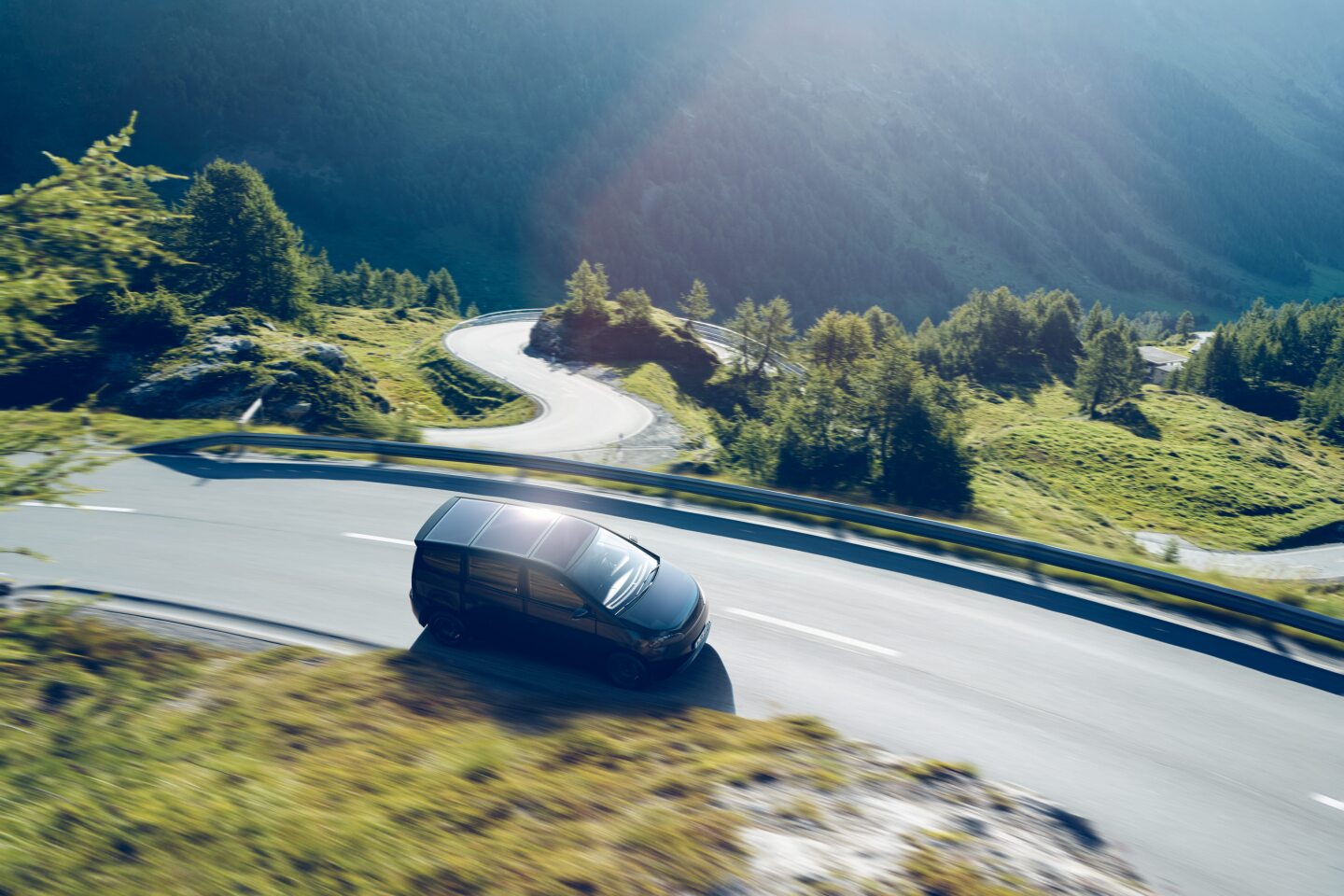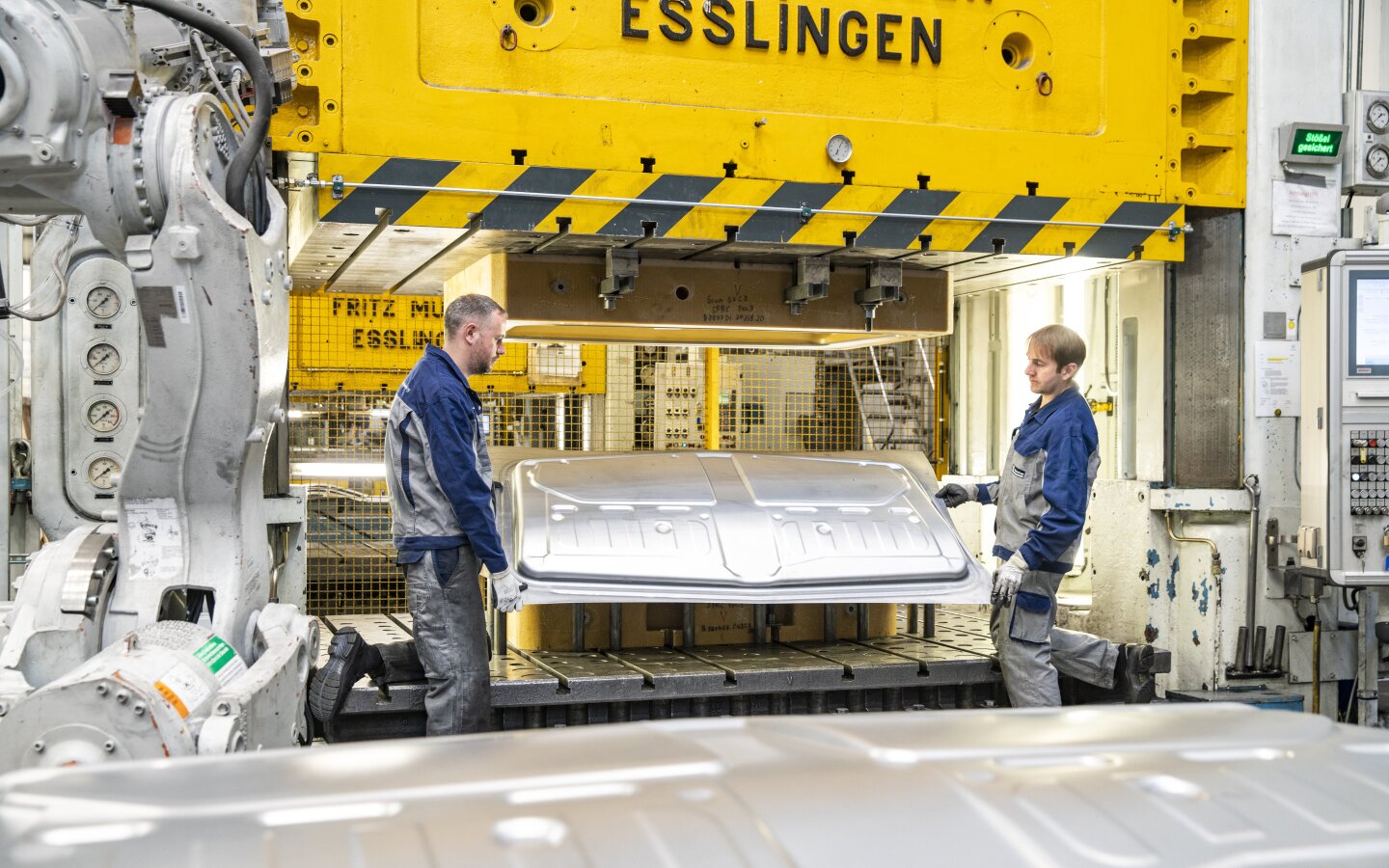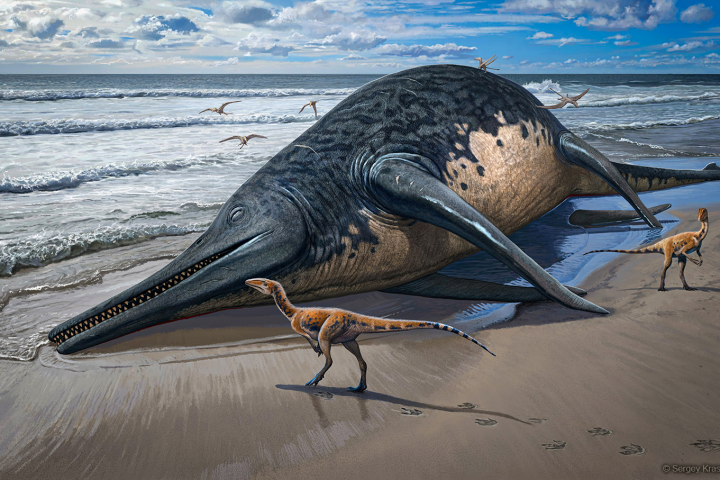German automotive startup Sono Motors has announced that 37 series-validation prototypes are being produced to take the Sion solar electric family car through validation and certification, ahead of planned series production in 2023.
The first renders of a PV-packed family car from Sono Motors emerged back in 2016, followed by an initial pre-order campaign in 2017. The company released series design images a couple of years later, as well as a first proper look inside the vehicle along with details of an air filtration system using a special moss.
We caught up with CEO Jona Christians in January 2020 to fill in some specs blanks and talk about production plans. A slick-looking second-generation Sion prototype was then showcased at the online-only CES 2021, and news of a new battery was announced in July. By October, more than 15,000 direct reservations had been recieved.
The Sion electric family car features a liquid-cooled 54-kWh lithium iron phosphate battery that's estimated to offer a per-charge range of 305 km (189.5 miles) according to the WLTP cycle, but the 458 photovoltaic half cells integrated into the hood, roof, sides and rear of the vehicle (initially 248 bigger cells) could potentially add up to 245 km (152 miles) of range per week in optimal conditions. Users can also tap into the car's battery to power electronic devices and tools at camp or at home thanks to bidirectional charging technology.

The Sion sports a 120-kW (160 bhp) motor with single-speed transmission and front-wheel drive, which produces 270 Nm (199 lb.ft) of torque and nine second zero to 100 km/h (0-62 mph) sprint time on the way to a top speed of 140 km/h (87 mph).
Inside is that novel air filtration system that works with an artificial air filter to remove particulate matter from the air. There are a few physical controls too, along with a 10-inch infotainment screen and digital instrument panel. Apple CarPlay and Android Auto is cooked in as well.
Now Sono Motors has started building a small fleet of test vehicles for validation and certification before a public debut of the solar electric vehicle's final design in the Northern Hemisphere summer, ahead of series production starting next year.

The third generation Sion prototypes will comprise 16 complete vehicles and 21 test structures in white, and will use components outlined in a final design brief confirmed earlier this year. Testing will be undertaken in different climates, including under extreme conditions, on test tracks and on public roads, with the engineers also optimizing the solar panels and refining driving dynamics along the way. Crash tests are in the pipe too. A few of the series-validation vehicles will then set off on a driving tour of Europe in the latter half of 2022.
The pre-order window for the Sion is still open, with reservation payments available from €500 toward a purchase price of €28,500 (about US$31,000).
As well as raising capital through an IPO last November, Sono Motors has also looked into collaborations to install its solar panel tech in other vehicles, including a driverless pod and an electric van.
Source: Sono Motors








